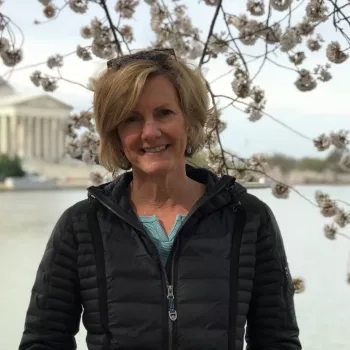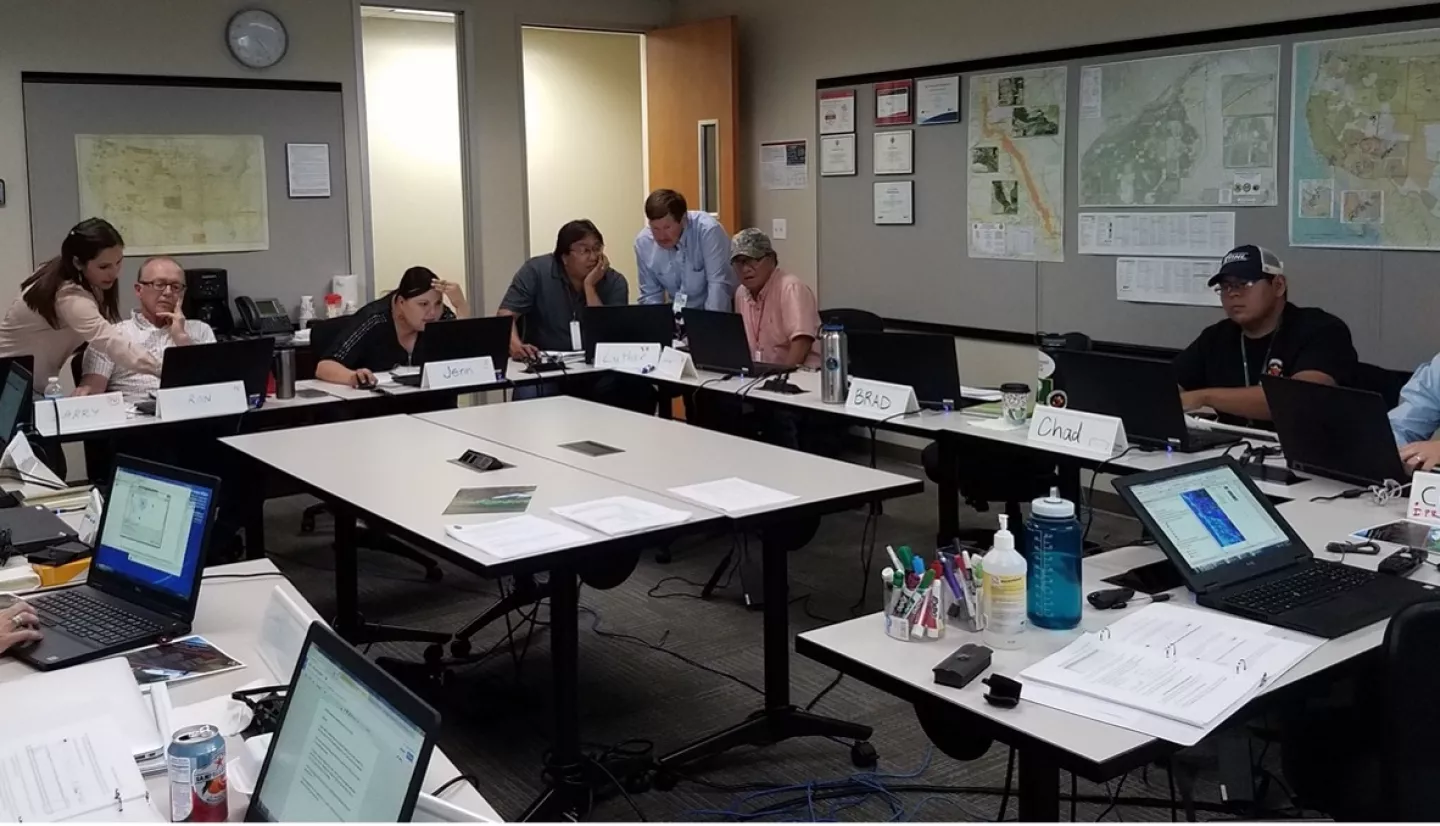Cindy Schmidt , PhD


Building Relationships Across Communities
The Indigenous Peoples Initiative works to build skills and empower Indigenous communities. It is our continued goal to highlight how Earth Observations can support their natural landscape monitoring and management. Our data, tools, and trainings provide a comprehensive insight into land and marine ecosystems. They also help identify and address environmental injustices. To ensure we successfully address the needs of Indigenous communities, we follow these four goals:
NASA partners with tribal natural resource management offices, regional Indigenous organizations, tribal colleges and other federal agencies to conduct trainings on tribal lands. The Indigenous Peoples Initiative has collaborated with groups including:
We also engage with partners through knowledge exchange workshops, conference sessions and town halls, and our growing community of practice. Some recent highlights of successful engagement include:
In November 2022, NASA’s Indigenous Peoples Initiative and the Canadian Space Agency jointly led sessions at the 2022 Indigenous Mapping Workshop. Together, we delivered an introductory session on satellite Earth Observations (EO) with optical and radar imagery. We also organized two dialogue sessions with industry and academia colleagues and their Indigenous project partners.
Together with the Earth Science Data Systems (ESDS) Program, the Earth Science Data Systems GIS Team (EGIST) and the Transform to Open Science (TOPS), we provided a hands-on workshop at the 12th annual Tribal GIS Conference in Albuquerque, NM. The workshop was titled From Earth Observations to Action: NASA data for natural resource monitoring and climate change. The workshop introduced participants to the application of NASA remote sensing data and tools to monitor a variety of natural resource and climate change indicators, highlighting droughts and wildfires.
The team also facilitated a listening session titled: Open Science, Open Ears. It focused on input about NASA’s TOPS initiative and suggestions to improve tribal engagement. The team interacted directly with 28 participants from 13 states representing various tribal nations, such as the Pit River Tribe, the Hualapai Tribe, the Pueblo of Tesuque, the Salamatof Tribe, and others. Participants came from a variety of backgrounds including tribal natural resource managers, students, federal agency employees, and more.
Our team offered a training titled, “The Aid of Natural Energy: Using NASA Data for Monitoring Droughts and Wildfires” during the Institutes for Environmental Professionals National Tribal & Indigenous Climate Conference.
Our team co-delivered a virtual session at the 2022 National Forum on Earth Observation, with the Canadian Space Agency (Guy Aubé and Dirk Werle) and Melanie Goodchild (Anishinaabe/ University of Waterloo) titled Storying the Relationship Between Indigenous Wisdom and Earth Observation (EO).
Nikki Tulley gave a plenary talk at the Geo for Good Summit, hosted by Google, to highlight our initiative and the co-developed Navajo Nation Drought Severity Evaluation Tool.
Our team co-hosted a workshop at the National Adaptation Forum, titled Co-development of a U.S. Earth Observation (EO) enterprise engagement strategy with tribal nations for addressing climate change alongside NOAA, USGS, and members from the Rosebud Sioux Tribe and the Navajo Nation.
Our leadership team brings a diverse set of skills to their work at the Indigenous Peoples Initiative. They work diligently to build relationships with Indigenous communities across the United States.

